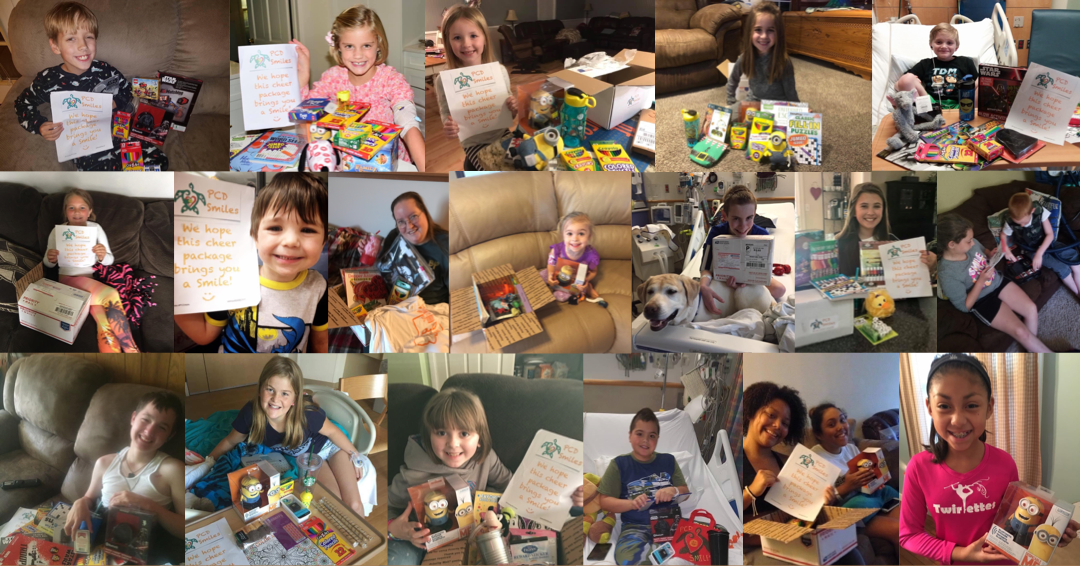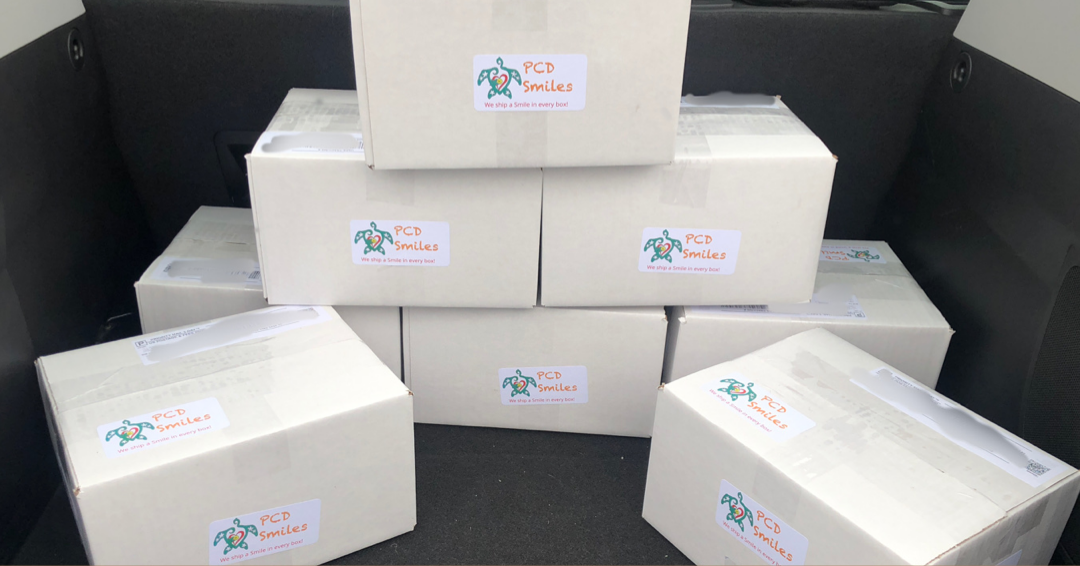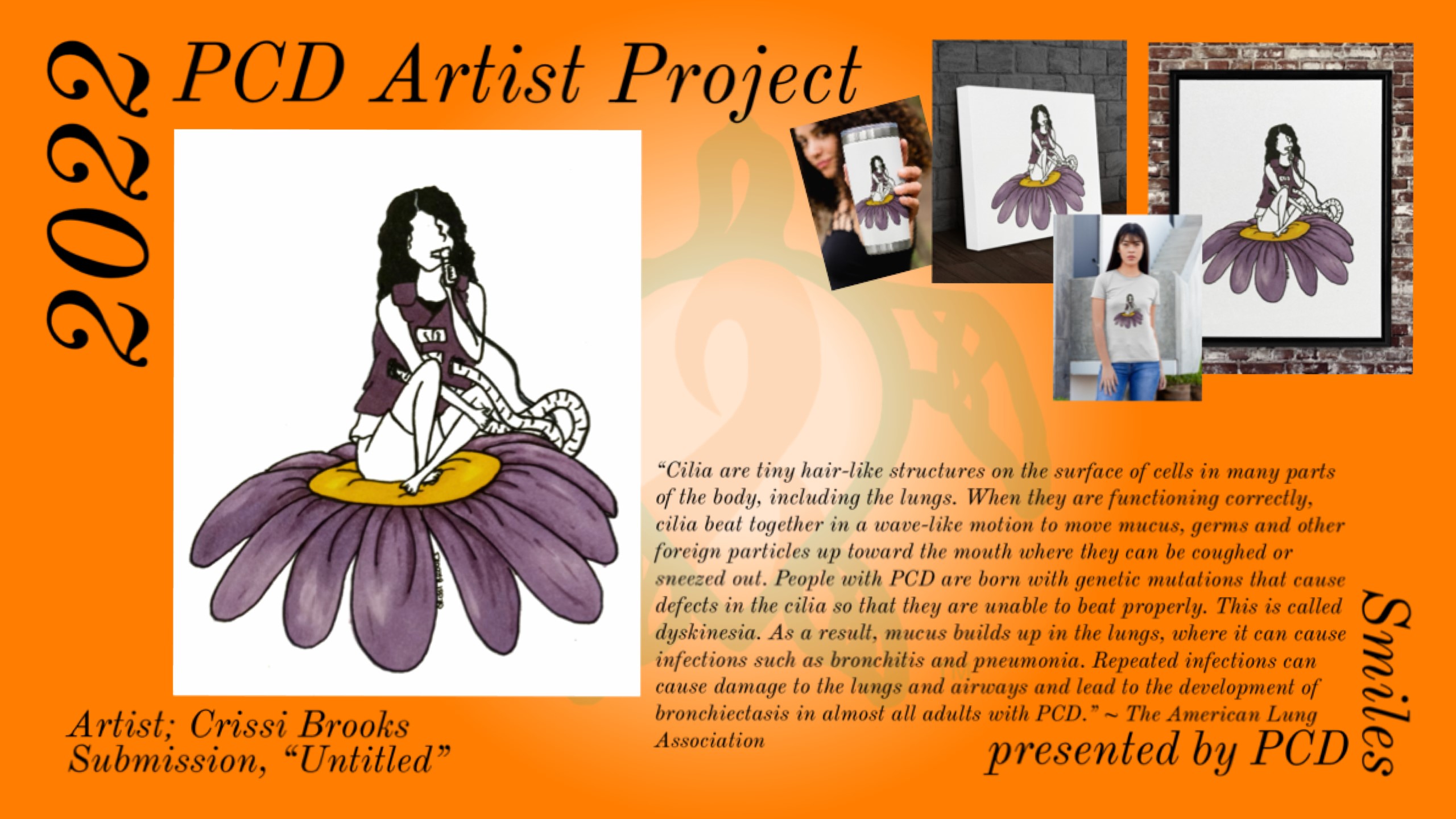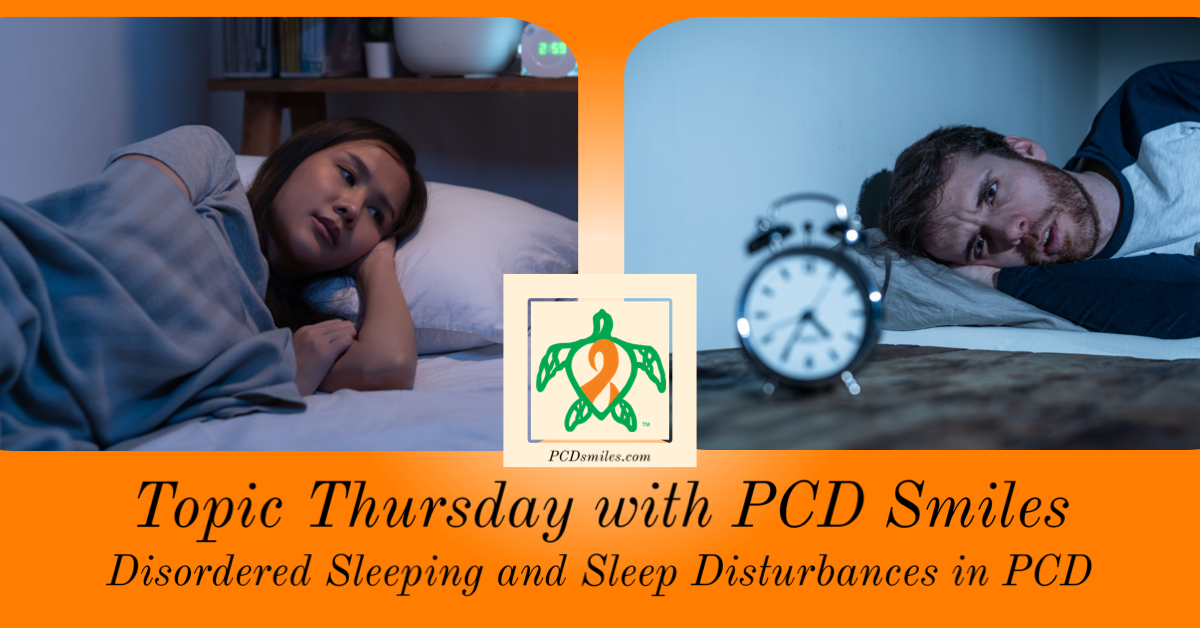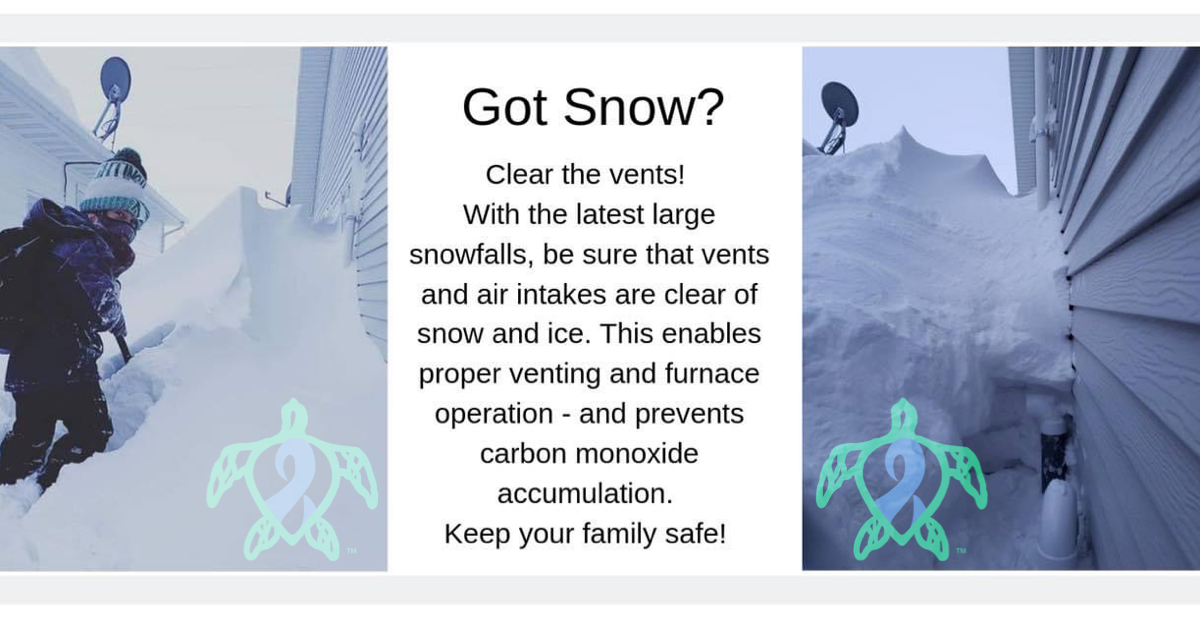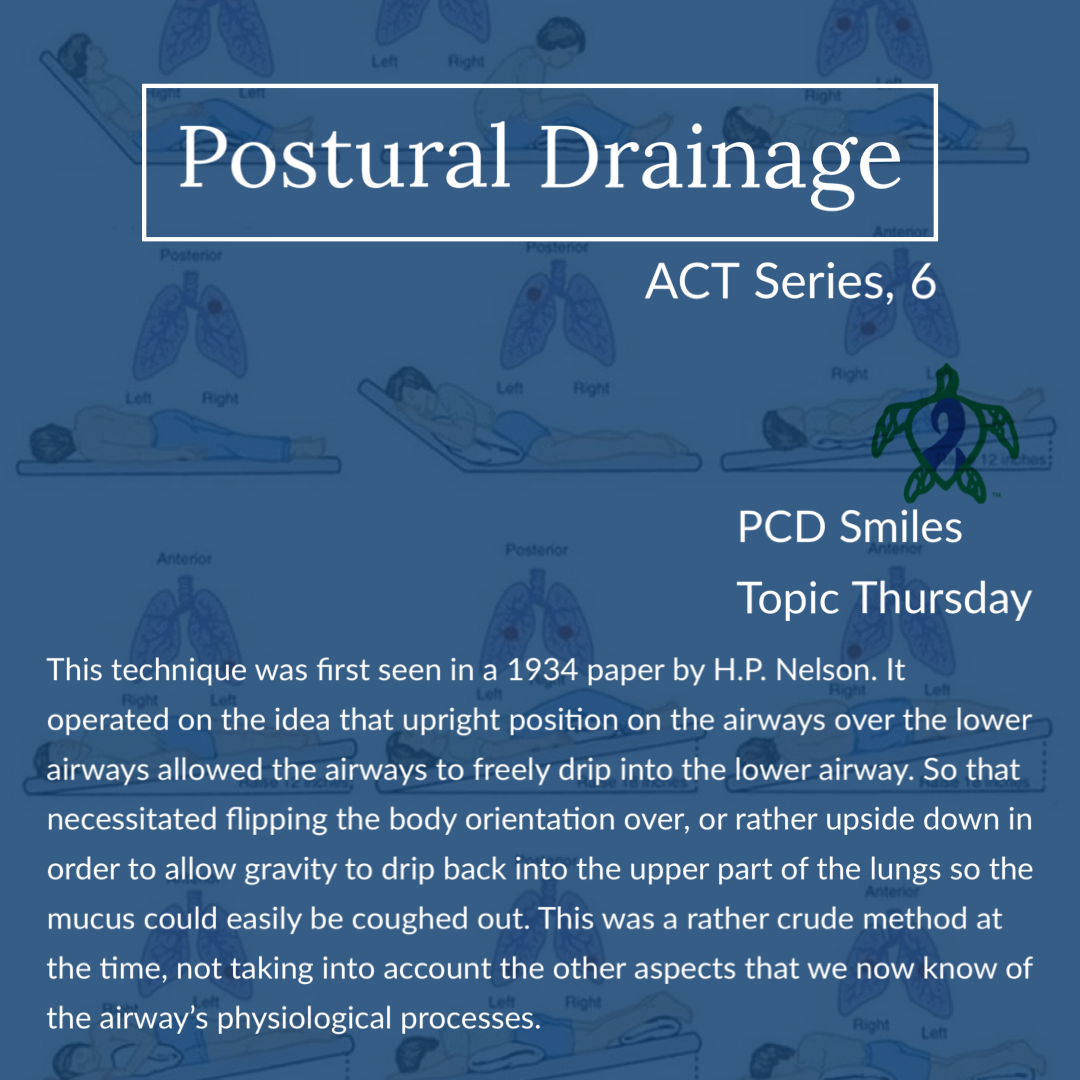Disordered sleeping and sleep disturbances are more common in PCD than once thought. It’s not surprising given that you need to be able to breathe properly in order to sleep properly.
Sleep related hypoventilation seems to be the main culprit in respiratory patients closely followed by sleep apnea. In sleep hypoventilation patients are primarily at risk for hypoxia, CO2 retention, and bradycardia due to ventilatory insufficiency. These patients require monitoring and possible intervention. Symptoms may include daytime fatigue, difficulty exercising, excessive daytime sleepiness, morning headaches, poor sleep quality, waking up many times throughout the night, waking up to tried and unrested, and breathlessness. Treatments for sleep related hypoventilation can include positive airway pressure therapy or continued positive airway pressure therapy. And may be as simple as a medication adjustment or additional sleep medication. A sleep study or studies are needed to diagnose the exact cause of your symptoms.
Sleep disturbances are disorders in initiating sleep or staying asleep. Respiratory patients can experience sleep disturbances due to their medication, breathlessness, coughing, PCD exacerbation. Changes to the breathing patterns due to obstruction like mucus can lead to constant waking, gasping for air, coughing, and much more that can affect a person’s ability to get quality sleep. There are many methods to help a respiratory patient achieve better quality of sleep and the best place to start is with a sleep study.
A sleep study will help your team pinpoint your exact issues and needs. Then you can come up with a plan for better sleep. Not sleeping or not getting quality sleep can lead to more pulmonary exacerbations because of your body’s lowered ability to fight infections due to lack of sleep. There are medications and devices that can also help you to achieve better sleep. Ask your team for a referral for a sleep study today.
Be sure to join us next week for another Topic Thursday.
Join our Facebook group Turtle Talk Café today, click here.
We have several ways that you can donate to PCD Smiles;
- Visit Smile E. Turtle's Amazon Wishlist
- For more information on how you can donate, please visit our "Donation" page to check out our "Do & Don't policies.
- Or sponsor a PCD Smiles cheer package today!
- To shop for your “Official” turtle care ribbon gear today, visit PCD Style or Smile E. Cove
Thank you for your consideration!
